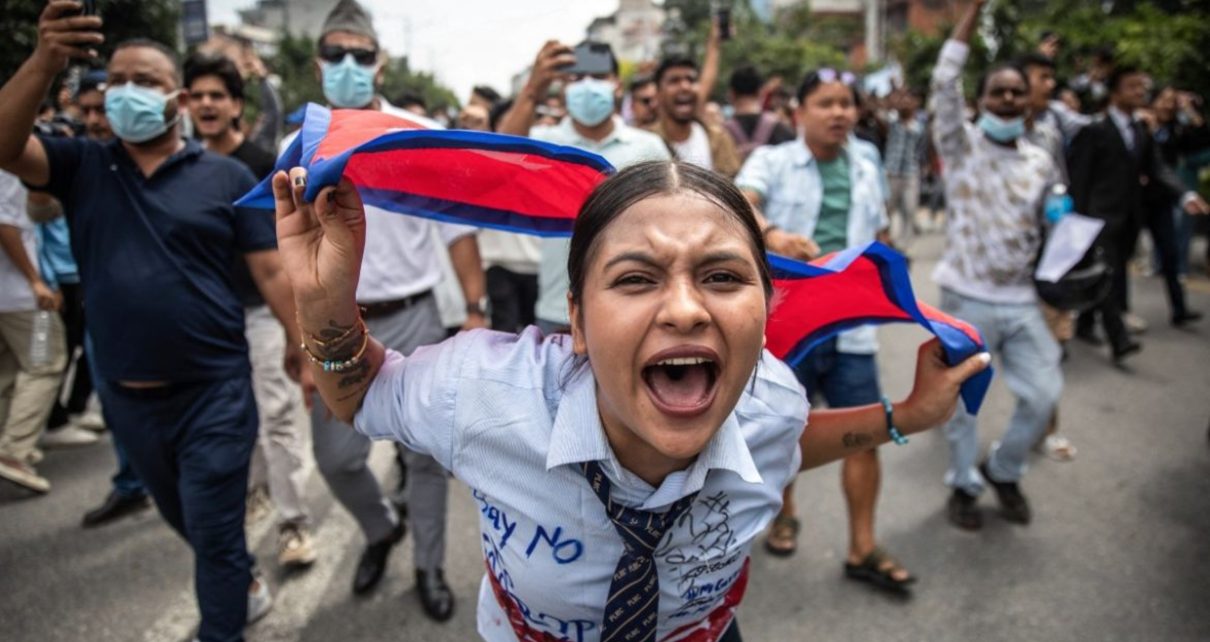By Joy Essien
So the Nepalese government wakes up one day and decides that every social-media platform must register with its Ministry of Communications. The order comes with a one-week deadline and a warning: fail to register and you’re banned. Predictably, the youths don’t take this well.
If this sounds familiar, it should. Remember when Nigeria’s last administration banned Twitter—now X—after a tussle over registration and content control? It was senseless then, and it’s just as senseless now. Governments that never built these platforms still want to control, regulate, or profit from them.
Nepal’s young people see through it. Like their Nigerian counterparts during #EndSARS, they’ve long been frustrated by deeper issues. Job scarcity has pushed thousands abroad; Nepal’s own Department of Foreign Employment says over 1,500 citizens leave the country every single day to work in the Gulf states, Malaysia, or South Korea. A social-media ban merely exposed wounds that were already raw.
Reports say around 20,000 protesters poured into Kathmandu and other cities. Demonstrations that began as a demand to restore internet access quickly broadened into an anti-corruption revolt. Crowds accused the government of ignoring unemployment and graft while chasing digital scapegoats.
Tensions spiraled. Parliament was set ablaze. At least 22 people were killed and more than 300 injured as security forces moved in. In a shocking turn, the prime minister resigned under pressure, and among the casualties was the wife of a former prime minister, who died from severe burns when her residence was torched.
What started as a bureaucratic attempt to rein in social media has become a full-blown national crisis—arson, deaths, military deployment, and a generation’s fury on display.
And here lies the real danger: keeping troops on the streets “to restore order” for too long can itself erode democracy. Nepal’s Gen Z is no longer protesting a ban on TikTok or X; they’re protesting decades of corruption, economic stagnation, and a political class that gave them no hope.
The world should pay attention. When governments focus on the minor and ignore the major, youth frustration becomes a wildfire—and the internet is only the spark.
Joy Essien is a contributing editor for Lagos Metropolitan



